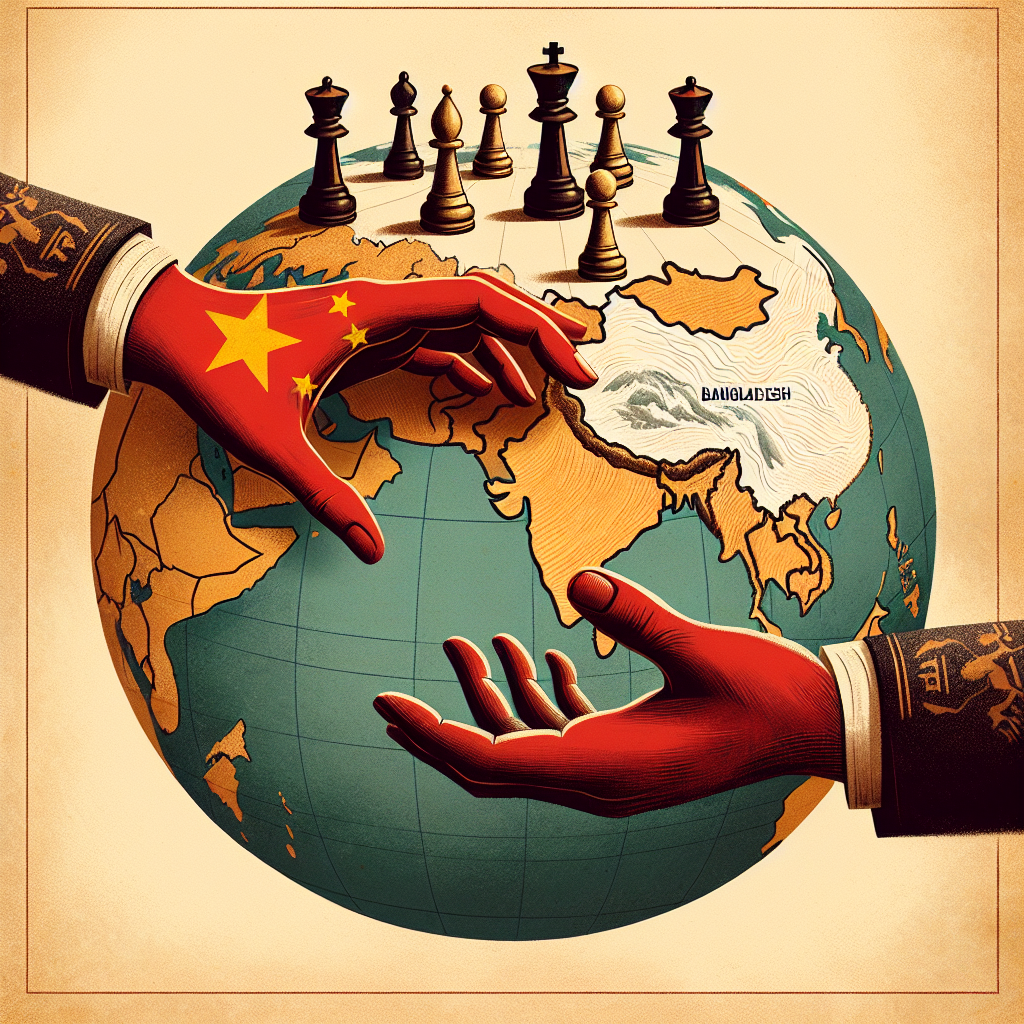Bangladesh Seeks China’s Support, Posing Indirect Challenge to Northeast India
Bangladesh Seeks China’s Support: An Indirect Challenge to Northeast India
Introduction
Bangladesh is increasingly turning to China for support in various sectors, a move that could indirectly challenge India’s influence in the Northeast region. This development is significant in the context of regional geopolitics, as it may alter the balance of power and economic dynamics in South Asia.
Key Areas of Cooperation
- Infrastructure Development: Bangladesh is seeking Chinese investment in infrastructure projects, including roads, bridges, and ports, which could enhance its connectivity and economic growth.
- Trade and Economic Ties: Strengthening trade relations with China is a priority for Bangladesh, aiming to boost its exports and reduce trade deficits.
- Defense Collaboration: There is a growing interest in defense cooperation, with Bangladesh looking to modernize its military capabilities through Chinese technology and equipment.
Implications for Northeast India
The burgeoning Bangladesh-China relationship poses several challenges for Northeast India:
- Strategic Concerns: Enhanced Chinese presence in Bangladesh could lead to strategic encirclement of India, raising security concerns.
- Economic Competition: Increased Chinese investment in Bangladesh might divert economic opportunities away from Northeast India, affecting regional development.
- Geopolitical Shifts: The shift in alliances could alter traditional geopolitical alignments, impacting India’s influence in the region.
Conclusion
Bangladesh’s outreach to China signifies a strategic pivot that could reshape regional dynamics in South Asia. While it offers Bangladesh economic and developmental benefits, it also presents challenges for India, particularly in its Northeast region. The evolving relationship underscores the need for India to reassess its regional strategy and strengthen its ties with neighboring countries to maintain its influence.

































